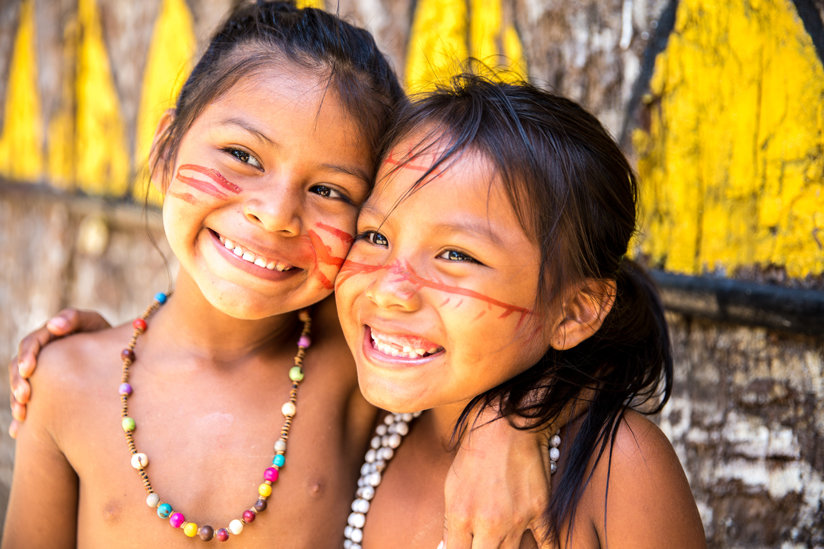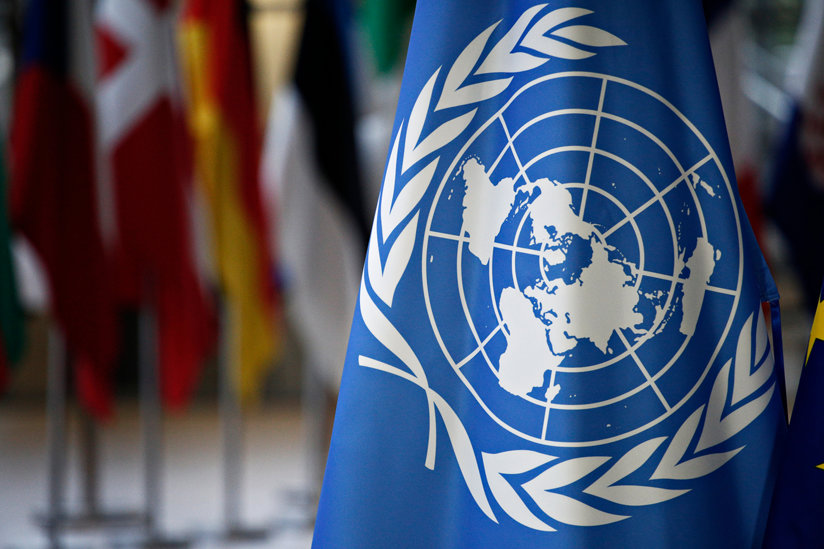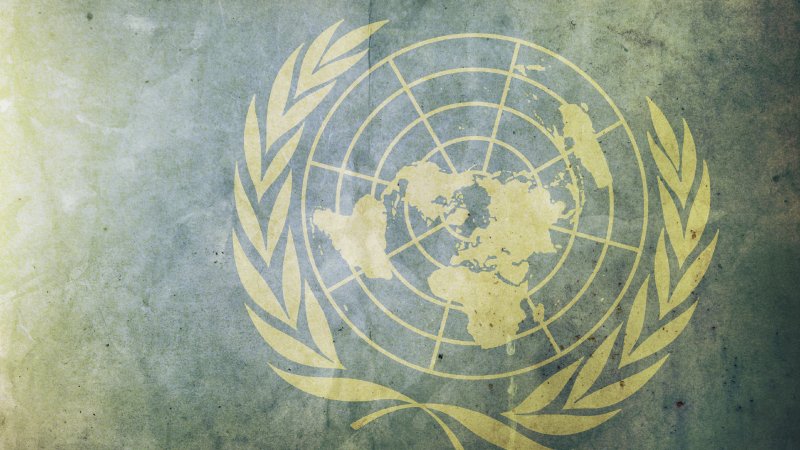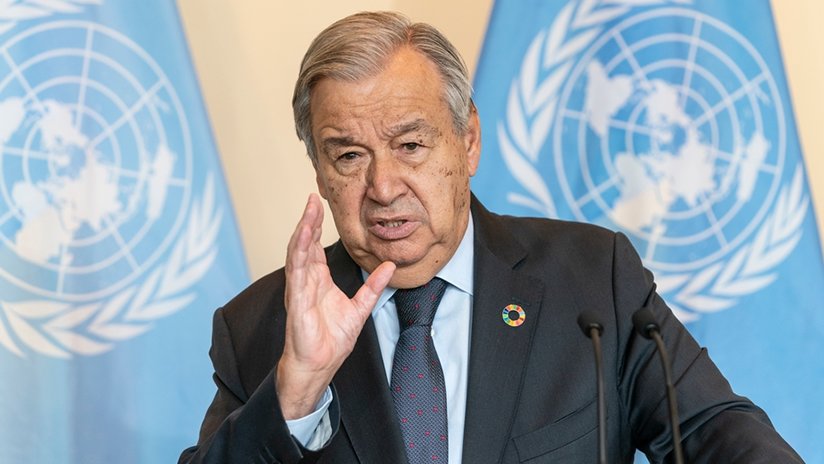
-
HOME
-
WHAT IS STANDOur Mission Our Values Our Help Contact
-
WHAT WE FIGHT FORReligious Freedom Religious Literacy Equality & Human Rights Inclusion & Respect Free Speech Responsible Journalism Corporate Accountability
-
RESOURCESExpert Studies Landmark Decisions White Papers FAQs David Miscavige Religious Freedom Resource Center Freedom of Religion & Human Rights Topic Index Priest-Penitent Privilege Islamophobia
-
HATE MONITORBiased Media Propagandists Hatemongers False Experts Hate Monitor Blog
-
NEWSROOMNews Media Watch Videos Blog
-
TAKE ACTIONCombat Hate & Discrimination Champion Freedom of Religion Demand Accountability
A New Social Contract: Inclusion for the World’s Indigenous People
A Canadian in-law of mine is a member of the Sagkeeng First Nation (in Canada indigenous people are referred to as “First Nation”). One day he was refused service at an antique store. “We don’t want your kind” the shopkeeper said, showing him the door.
Some weeks later he reappeared at the store, this time in full uniform, in his post as a Canadian Mounted senior officer, responding to the shopkeeper’s emergency call reporting a robbery. Not recognizing him at all, she accorded him all the respect demanded of his uniform and thanked him many times for his help.
It’s a familiar story the world over. To bigots, opportunists and fools, to be indigenous is a badge of inferiority. Over the centuries, indigenous people, be they the 40,000-year-old Hadzabe of Tanzania or the Yakye Axa of Paraguay or the Okieks of Kenya or the Nimiipuu of Idaho (known more familiarly as the Nez Perce), have seen their sacred lands desecrated, their people decimated, their territorial rights, culture, and language ignored and above all, the rights to their own identity threatened.

By invasion, colonialization, legal maneuvering and destruction of resources (witness the U.S. government’s planned and systematic annihilation of the Plains Indian’s main source of food, clothing and shelter, the buffalo, in the 19th century), non-indigenous conquerors, politicians and carpetbaggers have shoved the native inhabitants aside whenever convenient and expedient. They, their lands, and their customs were simply a bother that got in the way.
In recent years, however, the rights of indigenous people to lands, territories and resources have been recognized in courts around the world. The United Nations has taken a hand in the growing outcry on behalf of indigenous people, who at 476 million souls in 90 countries, comprise more than 6 percent of the planet’s population, over a third again greater than the population of the United States.
To bigots, opportunists and fools, to be indigenous is a badge of inferiority.
In September 2007, the UN General Assembly adopted the Universal Declaration on the Rights of Indigenous Peoples by a vote of 144 to 4. The 4 nay votes—the U.S., Canada, New Zealand and Australia—later reversed their stance and embraced the declaration.
Moreover, an annual commemoration, United Nations International Day of the World’s Indigenous Peoples, occurs at this time of year as an opportunity, through forum and discussion, to acknowledge native populations as the holders of a majestic tapestry of unique cultures, traditions, languages and knowledge systems.

Although a number of native populations have successfully extricated themselves from the dominant government of their land and maintained their identity and self-governance, many more suffer the inequities of education and opportunity that is the birthright of all human beings—with indigenous peoples still nearly three times as likely to live in extreme poverty compared to their nonindigenous counterparts.
The theme of this year’s United Nations International Day of the World’s Indigenous Peoples is “Leaving no one behind: indigenous peoples and the call for a new social contract.” A social contract is an unwritten guarantee of equal opportunity and inclusion in the benefits and decisions of a society. It is something that the dominant population of any land generally takes for granted; it is as normal and expected as breathing in and breathing out. But for a marginalized community—one whose culture and dignity have been swept aside in the name of “progress”—it is no less fundamental, and should be just as expected.
Advances have been made. Here and there, through the courts and through legislative bodies, indigenous people have gained access to the rights that were always theirs but had been denied them.
Most importantly, however, changes in justice must be accompanied by changes of heart.
My Canadian in-law unfortunately knows this all too well.









